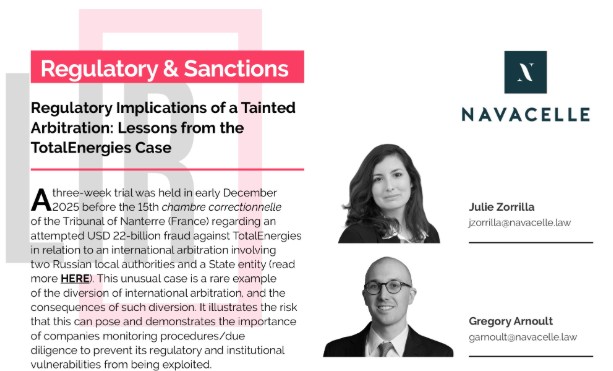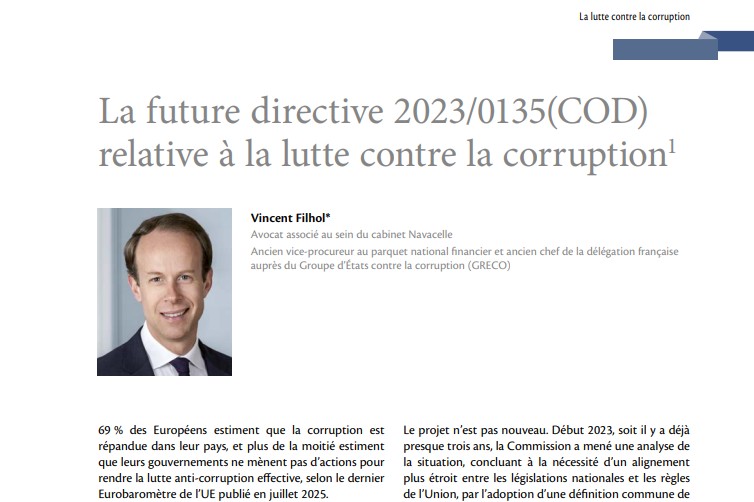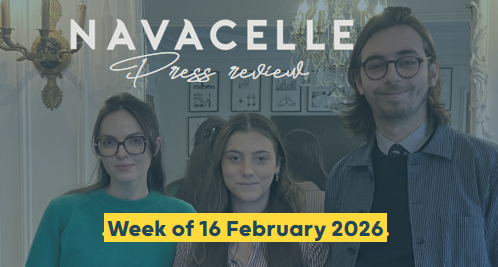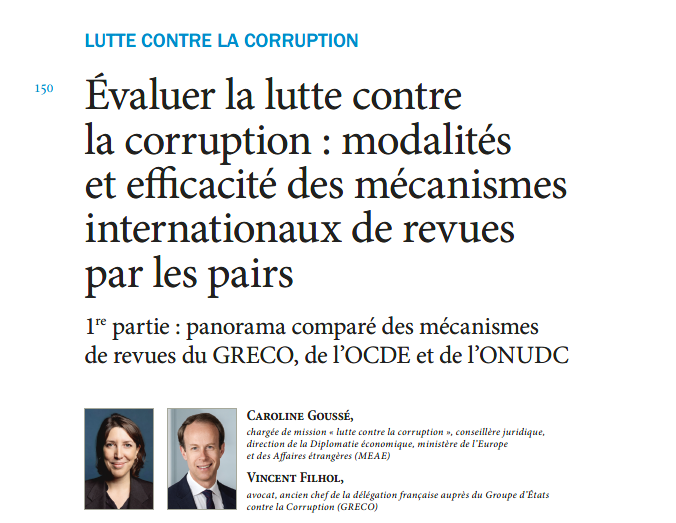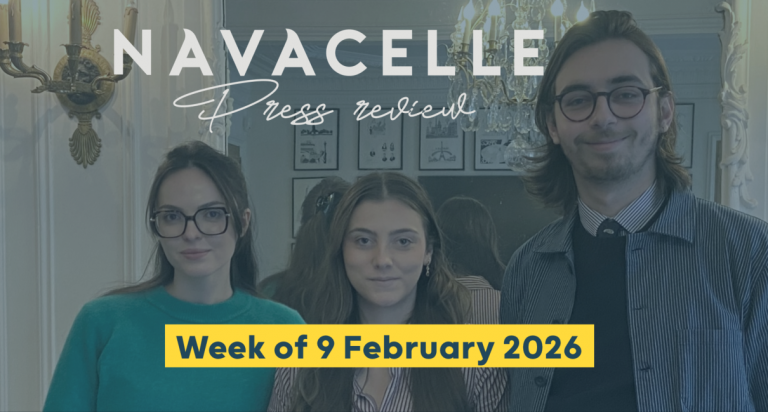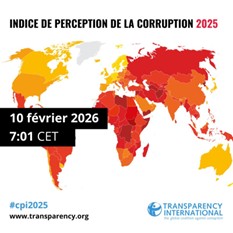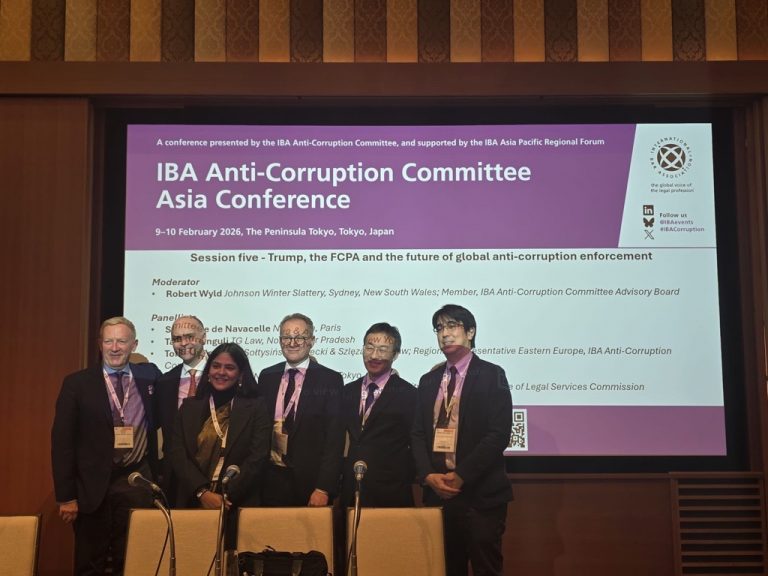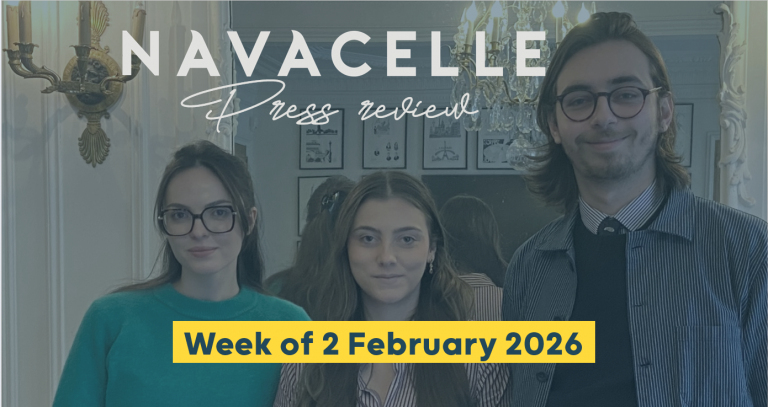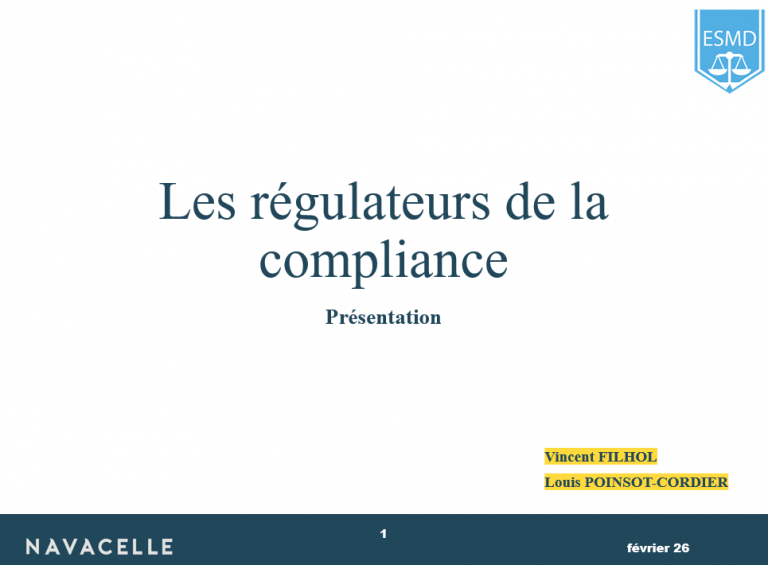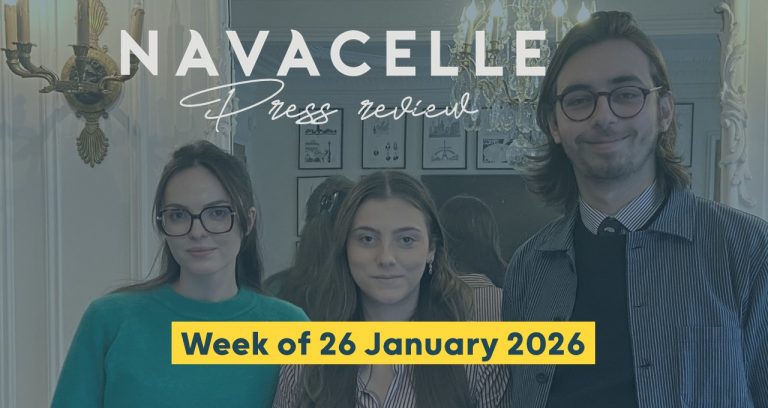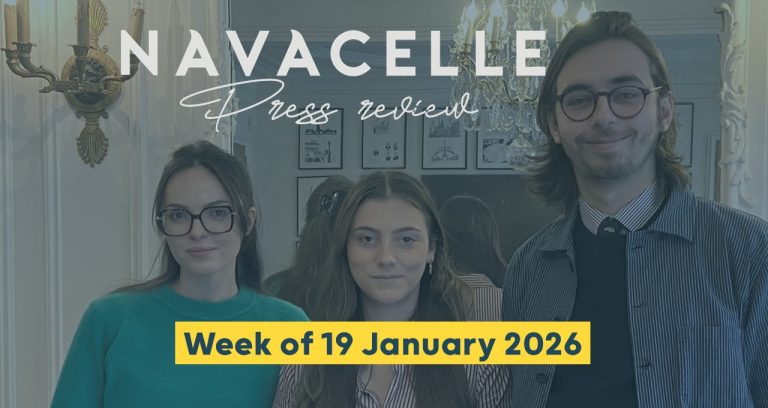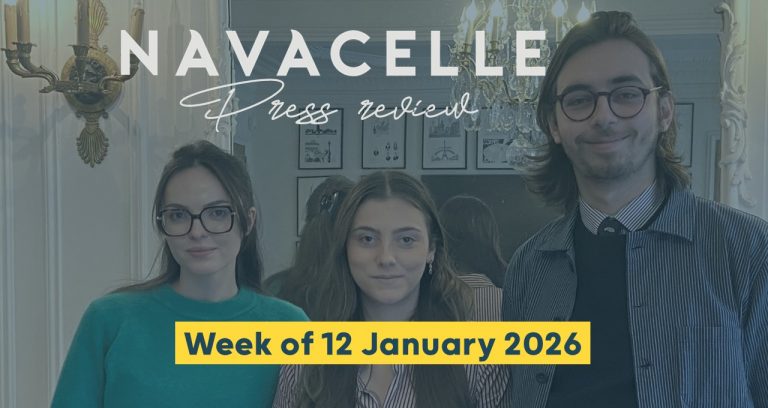A person prosecuted for money laundering accepted a sentencing proposal from the Financial Prosecutor’s Office in the context of a guilty-plea
As a reminder, this procedure known as “the French guilty plea”, under which a prosecuted person acknowledges his/her involvement in the alleged offense, was introduced by the law of March 9, 2004[1]. This procedure is based on the idea that the participation of the person prosecuted in the judicial process through his/her admission of guilt allows for a better efficiency of justice.
The Public Prosecutor proposes a sentence which can be accepted or refused by the person who admitted his/her participation in the alleged offense. To abide by the principles of separation between the prosecuting authority and the judgment authority, the sentence proposal, if accepted by the prosecuted person, is then submitted to a judge who can either decide to approve the sentence or refuse to do so based on the ground for refusal listed in article 495-11-1 of the Code of criminal procedure.[2]
In this case, the judge decided not to approve the sentence proposed by the Public Prosecutor on July 6 of 2021.
The Financial Prosecutor then submitted a new sentence proposal to the judge.
On October 12 of 2021, the judge ruled that the new proposal was not admissible. The Financial Prosecutor’s office lodged an appeal before the court of cassation.
I. The judge’s refusal to approve a guilty-plea procedure prevents the implementation of a second sentence proposal
In this decision of May 17, 2022, the Criminal division of the court of cassation held that article 495-12 of the Code of criminal procedure[3] does not provide for the possibility to submit a second sentence proposal as part of the guilty-plea procedure when the first proposal of the Public Prosecutor was refused by the judge.
The Code of criminal procedure provides that when the sentence proposal is refused, the Public Prosecutor may refer the case to the Correctional court according to the procedures provided for in article 388 of the Code of criminal procedure (voluntary or immediate appearance, summons) or require the opening of a judicial investigation.[4]
To reach that conclusion, the Court relied on the parliamentary work done in the context of the Perben I law of March 9, 2004 and the of the law of October 23, 2018. The Court found that the legislator did not wish to broaden the scope of article 495-12 of the Code of criminal procedure by allowing the Public Prosecutor, faced with a sentence that had not been approved by the judge, to propose a new sentence via this same procedure.
II. The impossibility of lodging an appeal against a ruling refusing to approve a guilty-plea procedure
In this case, the judges of the Court of Cassation confirmed that the law does not provide for the possibility of lodging an appeal against a ruling refusing to approve a guilty-plea
On this matter, the Constitutional Court had already ruled that the non-appealability of a ruling by which the judge denies the sentence proposed during a guilty-plea procedure does not breach of the Constitution. The rational is that in case of refusal of the guilty-plea procedure, the case is referred to the Correctional court, where the failed guilty-plea procedure is not disclosed, and that therefore the prosecuted person is not deprived from the right to an effective remedy.[5]
However, the Court expresses a reservation by clarifying that an appeal is however possible when the judge has exceeded his/her powers.
The Court of cassation ruled that by refusing to approve a second sentence proposal, since there is no specific provision of the law which allows him/her to approve such a proposal, the judge did not exceed his powers. Therefore, the Court ruled that the appeal in cassation was inadmissible.
The Court has once again limited the scope of the notion of excess of power after having recently considered that the fact that a judge does not give reasons for his decision to refuse a guilty plea procedure does not constitute an excess of power, since by doing so, the judge does not disregard his/her duty or the scope of his/her powers.[6]
